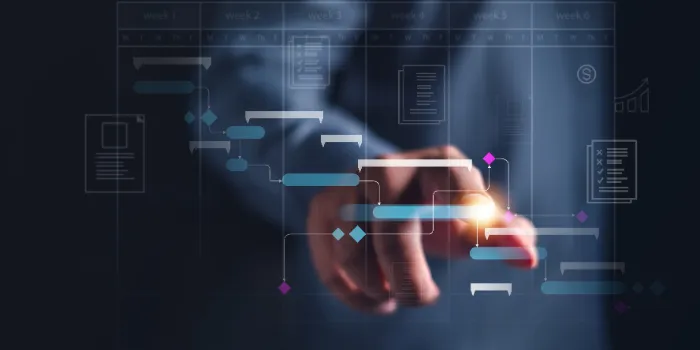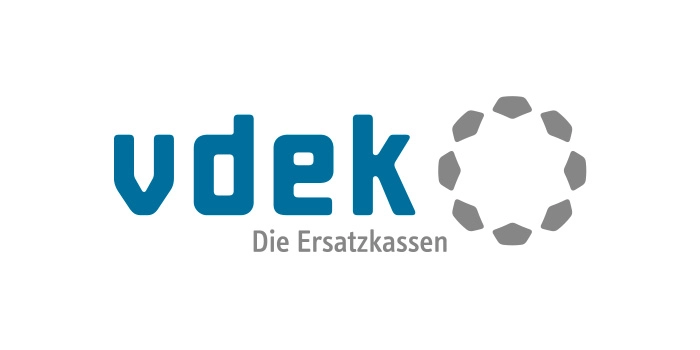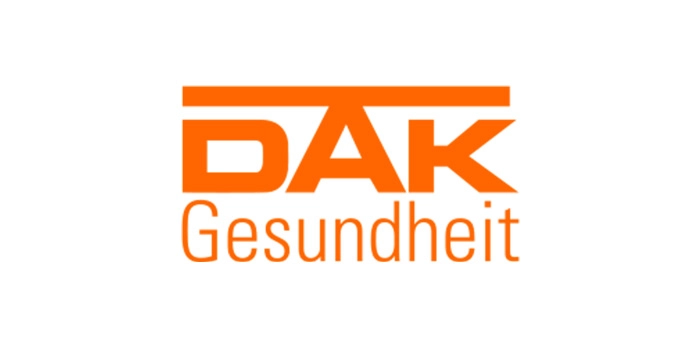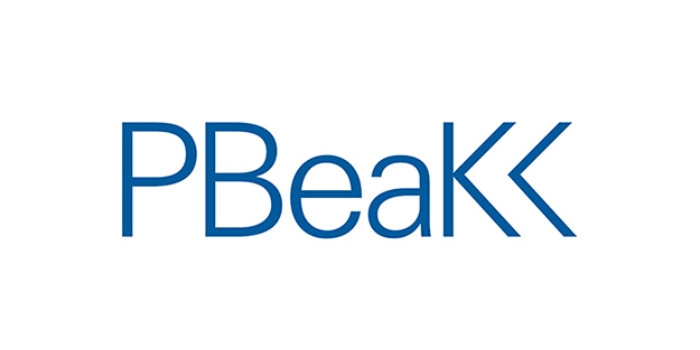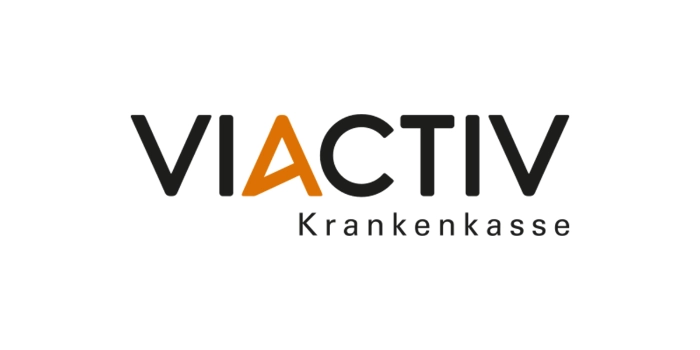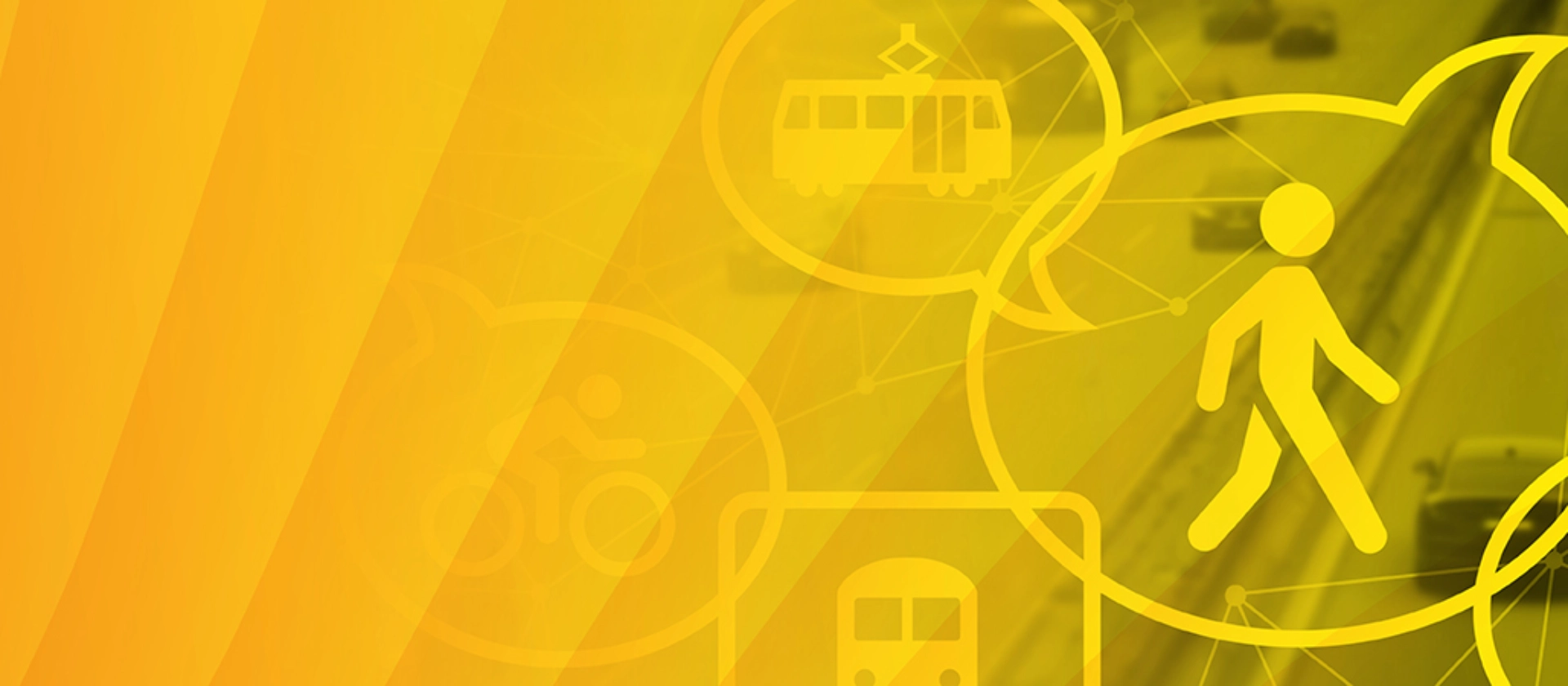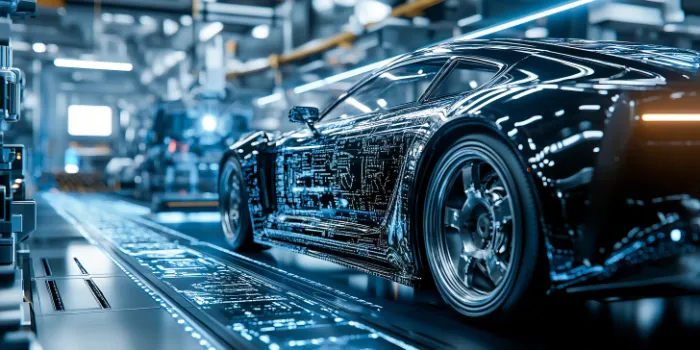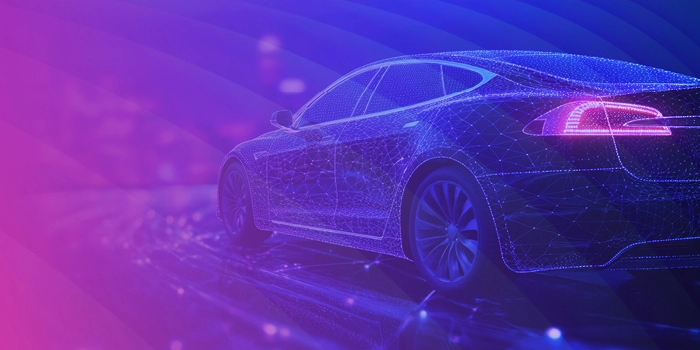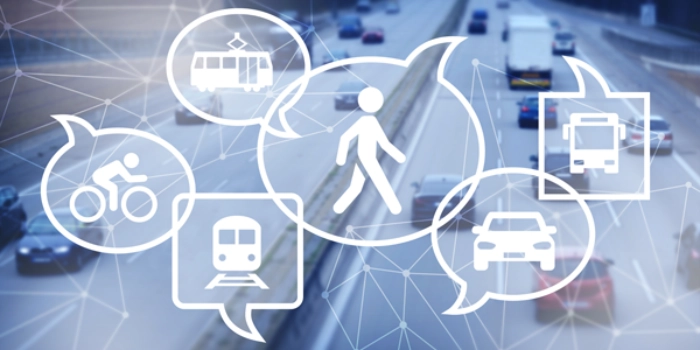msg publications
Catena-X has evolved into more than just an industry initiative—it represents the new benchmark for staying integrated within the automotive value chain. Gradually, the data transfer throughout the supply chain is being integrated into the Catena-X data ecosystem.
Data-based ecosystems
Catena-X is developing into the central data ecosystem of the automotive industry - with ambitious goals and growing international momentum. msg shows how to successfully connect to Catena-X.
Data-based ecosystems
Advanced data ecosystems must enable comprehensive digital processes while upholding the data sovereignty of partners. Dr. Oliver Mehl and Ralf Neubauer describe which process-related and technological requirements are necessary for this.
Data-based ecosystems, SDV
The development of highly complex driving functions for autonomous driving requires improved sensors and optimized data use in the collaboration between automobile manufacturers, sensor suppliers and simulation development. Data ecosystems in conjunction with digital twins offer an efficient solution for safe and cost-effective updates.
Data-based Ecosystems
The Eclipse Data Space Connector is the core technology of the Catena-X data space. We explain how it works and help with the installation.
Data-based ecosystems
msg is one of the first consulting providers with an offer on the marketplace of the operating company Cofinity-X.
Data-based ecosystems
Mobility must be rethought in the future. Read here how this transformation successfully takes place and why the mobility system of the future must be built on a data ecosystem.
Data-based ecosystems, SDV
The close interaction between hardware, software and data in the vehicle opens up new opportunities for car manufacturers.



